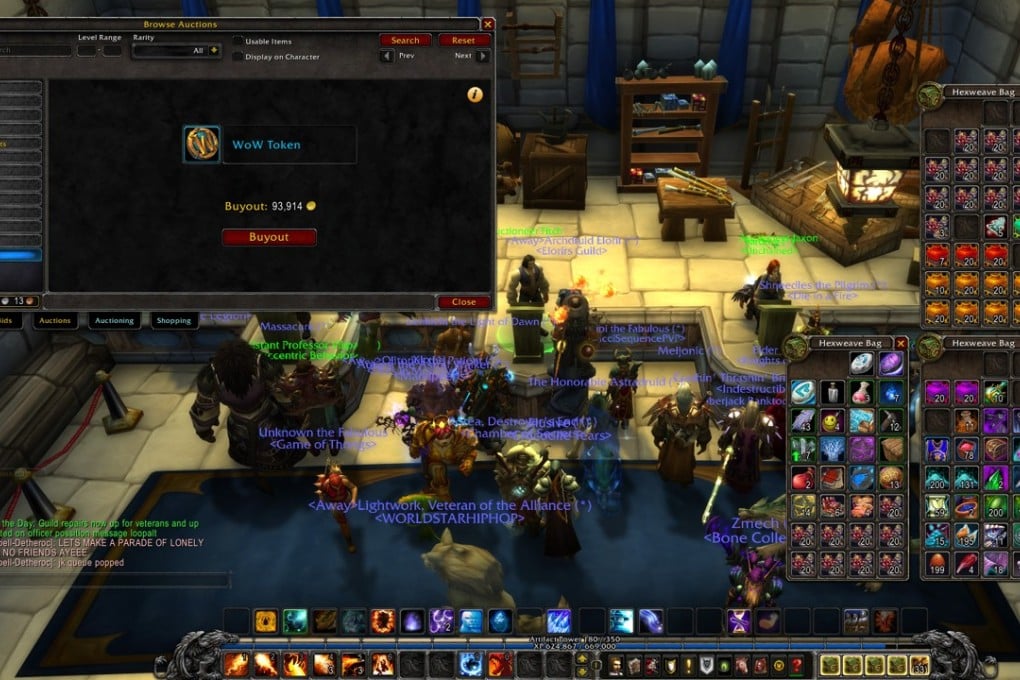How Stephen Bannon guided Hong Kong firm running ‘virtual sweatshops’ in China that made millions helping gamers cheat
Start-up used players in China to earn virtual treasure in video games which it sold to wealthy, time-short gamers in West; Bannon came on board to find investors and ‘try to legitimise the business’, a former executive says

A start-up called Internet Gaming Entertainment, or IGE, had found a novel way to make millions of dollars each month in the exploding online video game industry. Working from the 19th floor of a skyscraper in Taikoo Place, Quarry Bay the company sold virtual goods for real money – magical swords and capes and other accoutrements that granted video game players power and access in more than a dozen popular online role-playing games.
There was one problem, though: the companies that owned and operated these fantasy games prohibited what IGE was doing, and even considered it illegal. Several IGE executives told The Washington Post that they thought Bannon could help change that. Bannon agreed to become the company’s vice-chairman.
“The whole reason Bannon came on was to try to legitimise the business,” says David Christensen, who was hired as the company’s vice-president of business development about the same time as Bannon. In the end, it didn’t work.
The story of Bannon’s six years with IGE and its successor companies has remained largely unexplored, even as Bannon has become one of the most influential political figures in the White House.
His affiliation with the company cuts against his current image as a crusading champion of blue-collar manufacturing jobs and as a fierce opponent of globalism. It also shows Bannon’s willingness to be part of a company that operated in what one legal expert called “a classic grey market”.